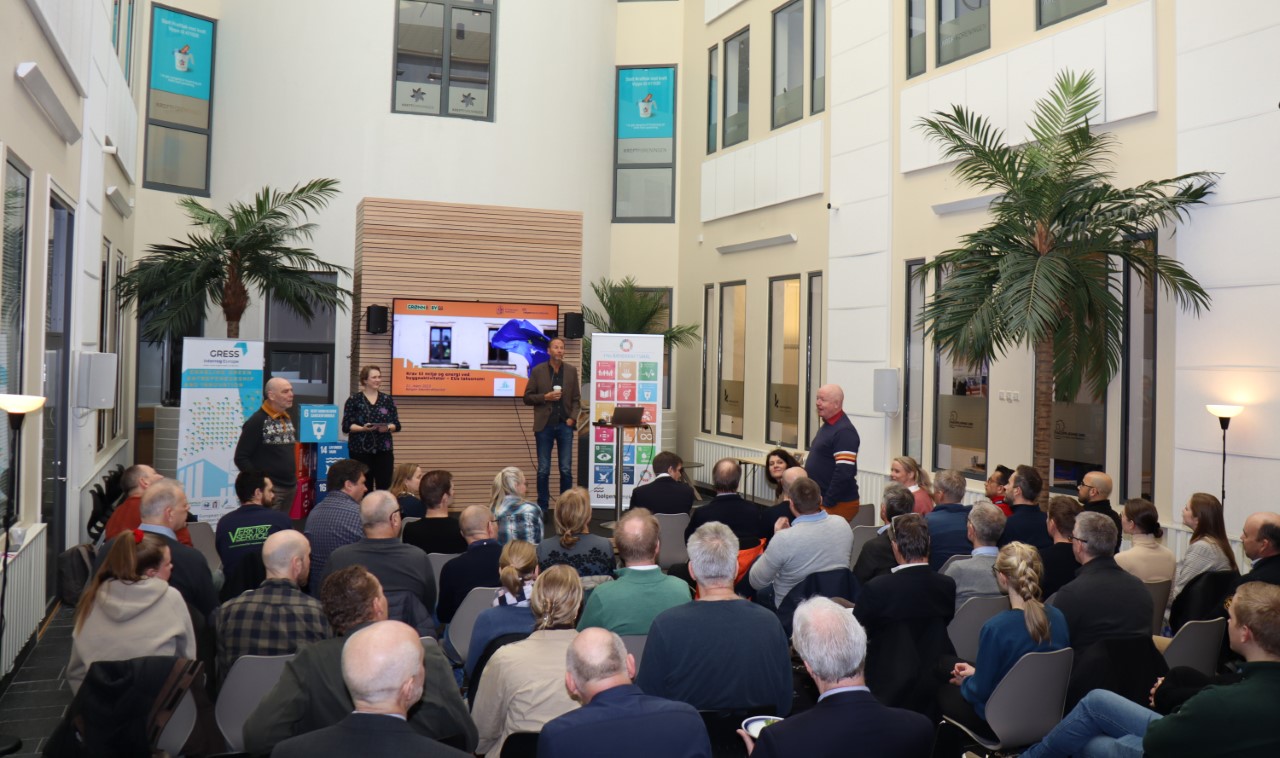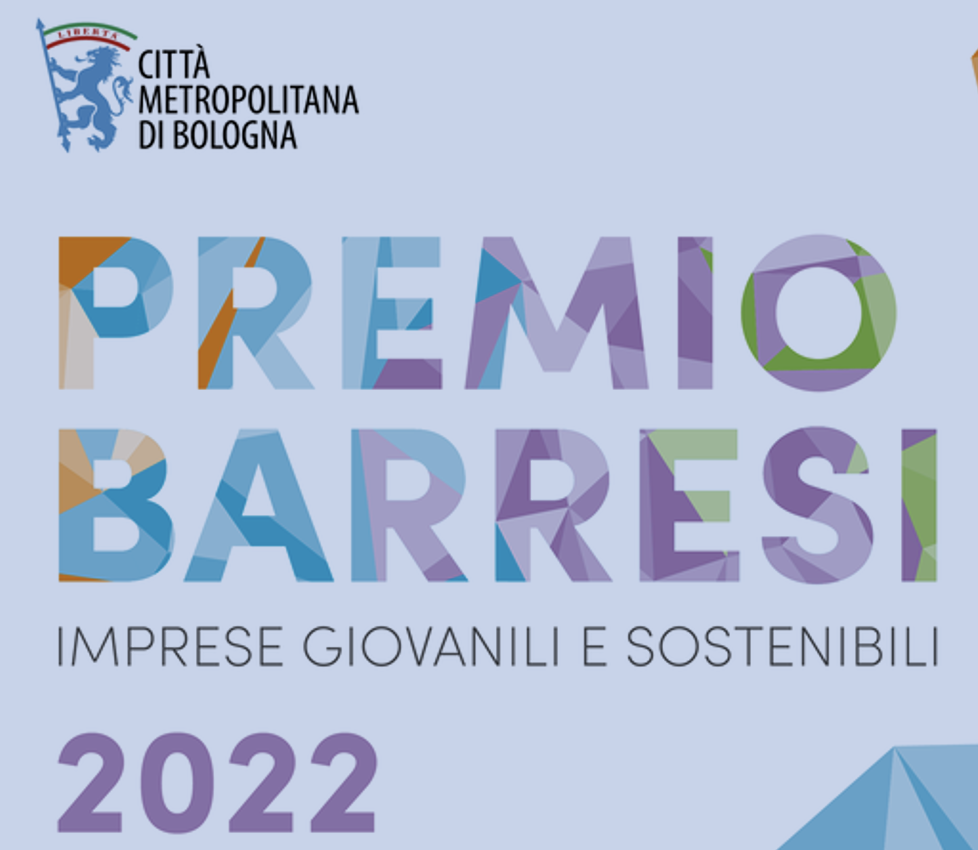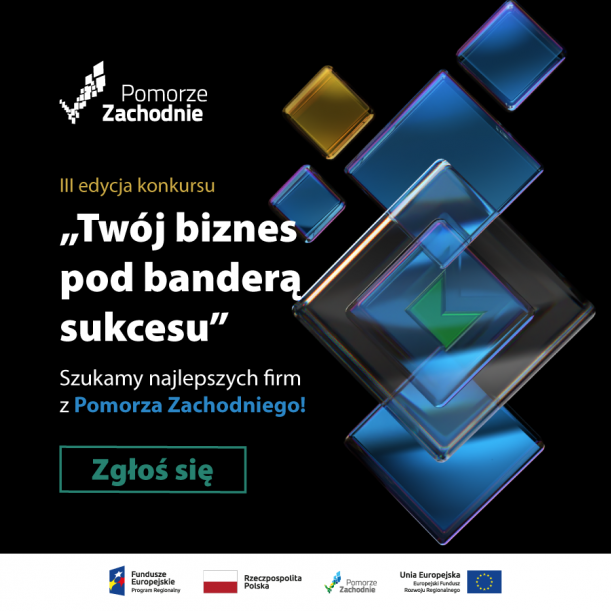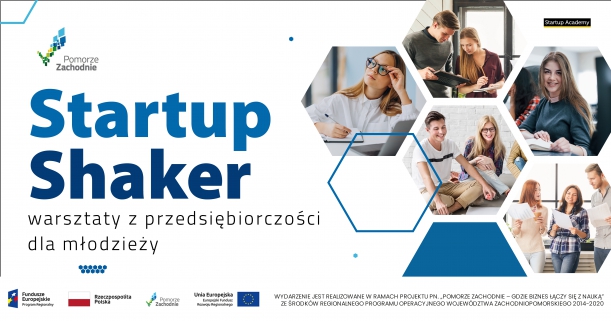Obstacles and drivers for green start-ups and SMEs: third Regional Stakeholder Group Meeting in Bologna and presentation of the survey results
What are the obstacles and challenges green start-ups are facing? Which factors may play a role and can be supported by public bodies?
The third Regional Stakeholder Group meeting of the Metropolitan City of Bologna took place online and was participated by 14 stakeholders representing the private and public sector, green start-ups, the Regional Green Economy Observatory, a local bank, the regional Green-tech Cluster, and institutions providing start-up support programmes.
The RSG meeting was organised with the aim to present the analysis of the main findings of the GRESS regional survey submitted to (green and not green) start-ups and SMEs, which particularly focused on the obstacles and drivers for the Green Economy encountered by the enterprises. In particular, the meeting aimed at discussing the survey results and collecting additional insights to be integrated into the analysis and to be set as a preliminary starting point for a further policy learning exchange on supporting policies to green start-ups.
Below the main insights collected and discussed during the meeting:
All participants confirmed that the results of the survey were representative of the regional context for green start-ups and SMEs. They particularly agreed on the fact that the main challenges for green businesses consist in the process to self-finance or look for funding, to finance investments in green technologies or systems, and to recruit highly-skilled professionals for green job positions.
More attention and effort are needed from public authorities to build strategies to raise consumers’ awareness of the green market and the societal value of green products and services. According to the survey results, green enterprises perceive that consumers do not necessarily understand the value of these products and therefore more activities are needed, in order to guarantee the expected revenue from the investments in the green sector.
This particular request is actually the consequence of more awareness of the enterprises in comparison to the past when requests were usually made for more funding or incentives. It is important to keep in mind that the awareness-raising strategy should actually be targeted at the whole value-chain and not only to isolated sectors. All value-chain actors should be sensitized on the fact that green products necessarily differ from not-green products, therefore some market requirements should also be adapted on the basis of the characteristics of the green products.
The lack of specific knowledge and skills of green start-ups or SMEs is a crucial issue when applying for funding or participating in calls for projects, both at regional and European level. Competition for funding is considerably high, but getting the project financed also depends on the project financial sustainability and on its business plan.
More information and network should be provided for enterprises to have the ground paved towards knowing how to apply for funds, whereas training and design support may be foreseen in the preliminary stage of their application process. Indeed, start-ups informed that the procedures to apply for funds are too complicated and too much time-consuming, which in the end is a concrete obstacle in obtaining funds or when deciding to go for green innovation.
It follows that even the role of private investors as banks should be renovated, in order to respond to a more complex economic and innovation system. Banks may have a more central role by participating in the co-design process of innovative projects, besides financing them.
In addition to the economic trends of the enterprises, additional criteria should be used to evaluate the start-ups when demanding for private funds, i.e., qualitative criteria should be included to evaluate the start-up business plan and its innovation potential in the market.
Finally, the COVID-19 emergency is perceived as an opportunity to make use of the extraordinary funds to put citizens’ attention to the value of the green market. Whereas the initial perception was that the sanitarian crisis would provoke a decrease in investments in the Green Economy, the participants noticed that enterprises still are very intended to invest in this sector.
Public authorities have an important role in fostering this process, both by adopting procedures of Green Public Procurement and by increasing the economic advantage of citizens consuming more green products and services.











